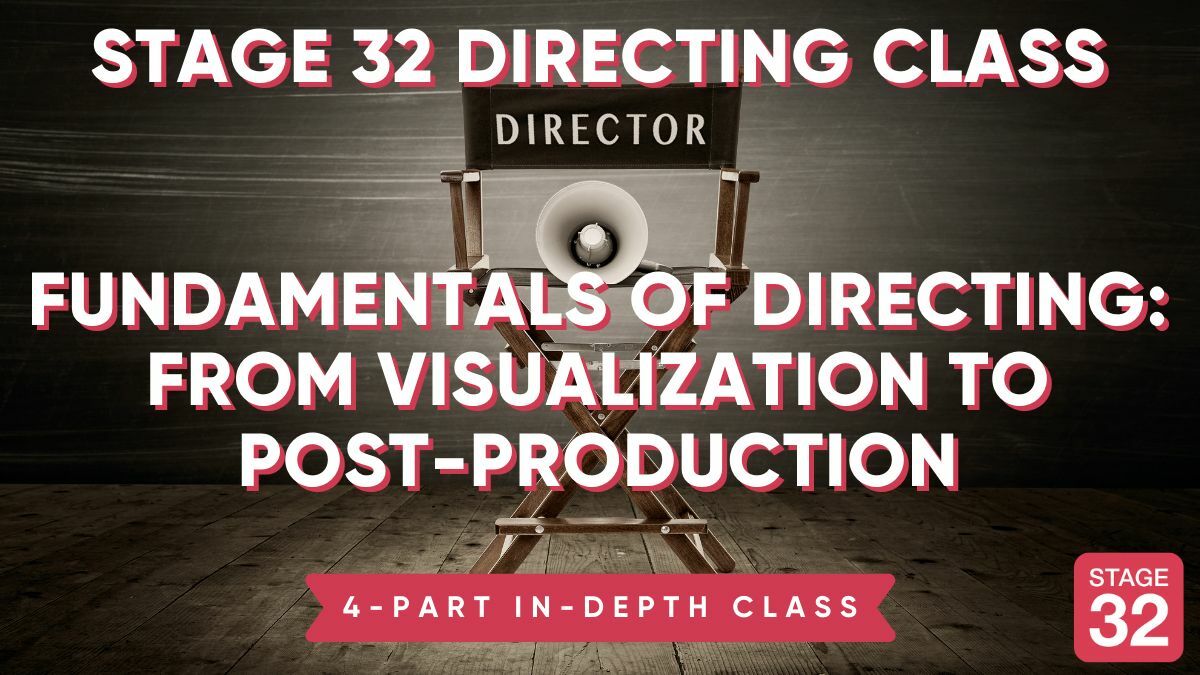Well, take a look at this. I just so happened to finish, not one, but two screenplays for the year. Both outside of my perceived wheelhouse of genres, psychological thriller and western. I couldn't believe it myself.
But there's more.
My manager is also a publisher and I got the idea that my scripts may make good novels. The only problem is that I've never written a novel. I set up the manuscript template in Final Draft for one of my scripts and am excited to start this peripheral journey in my writing.
Has anyone out there written both a script and manuscript?
Any suggestions?



1 person likes this
My wife, who is a computer teacher and an expert. Fed my script, Witches & Warriors, into an AI program, instructed it to use just the dialogue and then to create the novel around it. Well, my 107 page script came out to be a 300 page novel. Quite honestly, it's been a real eye opener. I don't want to oversell it but it's better than I could anticipate. Just about done proofing it (mistakes? hardly) and then...well...she's done the research on where to send it. So, this essentially was a no-sweat way to get it done. I don't know what AI she used (she has students that do computer work/study at NSA and her teaching partner is a NSA computer tech) so who knows what she can access.
1 person likes this
Michael Elliott Wow! I was thinking the same thing, but my manager won't accept AI produced material. Maybe another self publisher will.
2 people like this
Anthony, I went the other direction, adapting my novel into a screenplay. The key difference is that a screenplay depends on visual action, while a novel allows for more revelations of what characters are thinking. Maybe write the backstory for each of your characters and that will prompt you to expand the scenes for the novel.
2 people like this
Congratulations on the great news and the expansion of your journey, Anthony McBride I wrote a memoir first and then had to convert it to screenplay. When I started, I didn't have Final Draft. So, I had to learn the structure of a screenplay. I realized I had way too much content for a film. My problem was cutting: what to cut and what was non-negotiable. For you, you will have the pleasure of becoming the director and continue to build your world and scenes to heart's end. When I was writing my book, I really had to work on showing and not telling. The skill is more difficult than many realize. But what started as a few handwritten notebooks in the first draft became 300 pages in the 12th draft. What I found helpful was that each time I asked someone to read it, it was someone who hadn't read it before so that they could catch plot holes and give them only 1 or 2 things to read for. If I loved their wittiness, I had them focus on my dialogue. If they were always fun to be around, they focused on my pacing. I hope some of this is helpful.
3 people like this
Great to have such positive feedback on your work. I have done the journey in both directions firstly as a novel turned into a stage musical and then into a movie. That was my first screenplay, though I probably wrote about 20 drafts before it was optioned! Last year, I wrote a series Bible for another project which was then optioned as a screenplay before I was asked to write the novel to sit alongside the screenplay!
You might find it easier to use Scrivener for novel writing rather than final draft. it is much better structured for novel writing.The process I used was to map the novel out in Scrivener from the screenplay synopsis and not from the screen play itself. The screenplay and novel will have different rhythms and will be structured differently. So using the synopsis I would identify chapter headings ( 20 is a good number, but of course that can change and probably will) I used the index cards in scrivener and wrote a paragraph on each card based on the synopsis as to what would happen in each chapter. Once you are happy with the way the chapters flow you can start fleshing them out. When writing the chapters it is possible to use some dialogue from the screenplay, but people speak more on the printed page than on film so you will need to adapt the dialogue. similarly with Action. Action and Narrative are two different beasts so use the former as a guide only.
I would caution heavily against using AI in any part of this process as the book publishing industry is extremely twitchy about AI generated content, and that would include using AI to rewrite a screenplay as a novel or vice versa. Most publishers automatically reject work where AI has been used in the creative process, and that would include rewriting. I find the movie industry, a little more tolerant though personally would not let AI anywhere near the creative processes. In my writing..
Good luck.
1 person likes this
This is amazing!
2 people like this
I started as a novelist and am now a screenwriter. From my perspective screenplays are much faster mostly due to wordcount. A feature length screenplay is 30,000 words give or take, and a novel is 100,000 or so. So from a pure production viewpoint, I can write scene by scene and complete a screenplay in 6 weeks, when as a novelist I was writing a WPD count (2,000 for me) that meant roughly 6 months for the rough draft. The nice thing though about novels is you can take your time, especially inside the characters' heads regarding motivation. The fact that you already have the stories in screenplay form does lend itself to a streamlined novel writing process. Please keep us updated on your progress.
2 people like this
Patrick "PK" Koepke Yeah, I already have an outline and scene list from the script and am ready to write the manuscript. I'm going to use Final Draft's manuscript function.
1 person likes this
Mike Childress Go into the FD "Open Templates" tab under "File". It should be there.
2 people like this
I have to agree with Mike Walsh about being cautious when using AI to help generate prose/content. It is fine as a brainstorming tool, as an editor to suggest tightening grammar, catching typos, etc. but most creative industries push back against the use of AI as a pure creation tool. In screenwriting, the WGA outlines what the AI guardrails are (i.e.. how you can/cannot use AI when screenwriting) on their websites (East and West). While the book publishing industry lacks such a cohesive stance on AI, it's important to err on the side of caution when using it as a tool. It's valuable to be sure, but like a pistol, try not to point it at anything without understanding it might kill your project's professional potential.
2 people like this
I've written both. My advice is to pace yourself. Manuscripts can be a lot longer. Take advantage of the novel form and infuse the manuscript with details that wouldn't make it into a script. Once you get into your flow, you'll have no trouble. Good luck!
1 person likes this
Yes, https://www.kobo.com/ww/en/p/writinglife